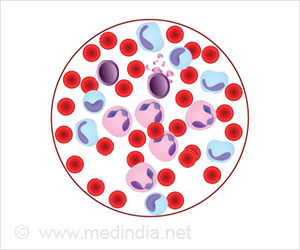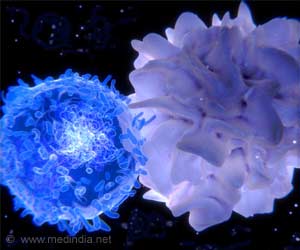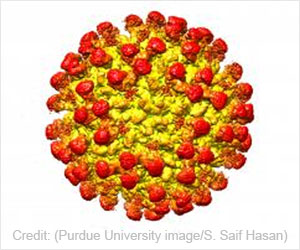Antibodies, whether induced by vaccines or after infection, or given as a treatment, can affect the course of disease. They could be given as a preventative treatment to people at high risk, such as elderly residents during an outbreak in a nursing home.
“COVID-19 is more severe in elderly people and those with pre-existing conditions,” said Smita Iyer, associate professor of pathology, microbiology and immunology at the UC Davis School of Veterinary Medicine and Center for Immunology and Infectious Disease, and a core investigator at the California National Primate Research Center.
“The elderly and diabetics tend to be immunosuppressed, but if you can get antibody levels high enough, you can prevent severe infection,” she said. Immune responses induced by vaccines are very effective at preventing severe disease and death. But an overwhelming inflammatory immune response could also be responsible for much of the damage of severe infections.
Immune responses induced by vaccines are very effective at preventing severe disease and death. But an overwhelming inflammatory immune response could also be responsible for much of the damage of severe infections.
“We want to know, what are the immune determinants of disease,” Iyer said.
Iyer, studied two human monoclonal antibodies that target the spike protein of SARS-CoV-2 virus in aging, diabetic rhesus macaques.
Like many aging humans, macaques had developed hypertension and diabetes but were otherwise healthy. The animals were infused with antibodies three days before being infected with SARS-CoV-2.
The researchers found infiltration of activated immune cells, or T cells, into the cerebrospinal fluid of control animals a week after infection. They did not find any viral RNA in cerebrospinal fluid. Macaques treated with antibodies did not show inflammation in the cerebrospinal fluid.
These signs of inflammation in the central nervous system might be connected to neurological symptoms of COVID-19 disease in humans, and possibly “long COVID” in which patients experience an array of symptoms for months after infection.
Source: Medindia



